It’s got us beat by 34.
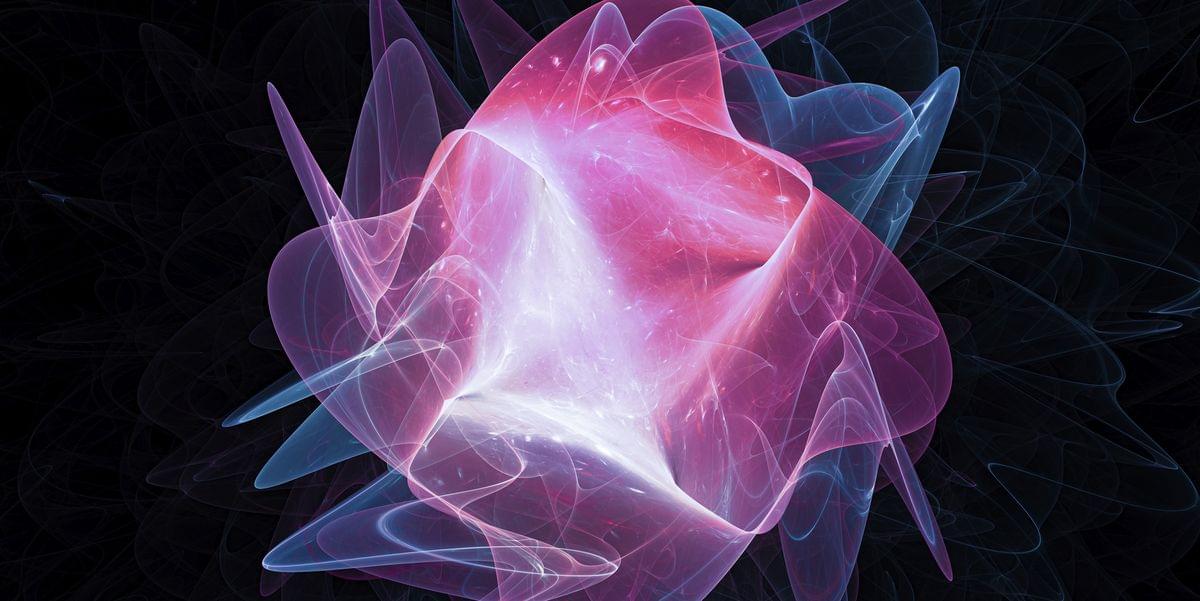


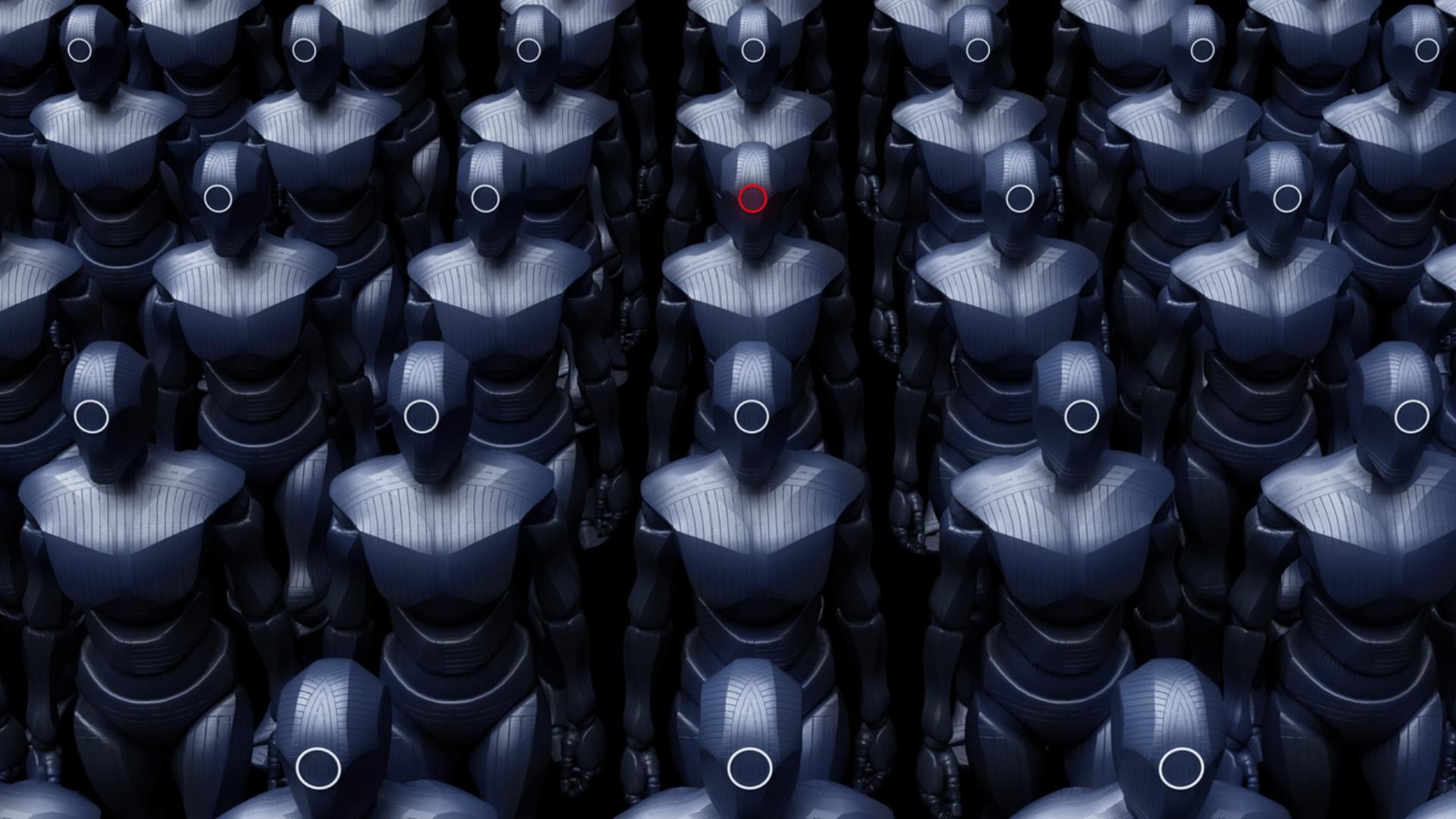
🤖 100,000 bots?! 🤖
“It gives us potential to ship at high volumes which will drive cost reduction and AI data collection. Between both customers, we believe there is a path to 100,000 robots over the next four years.”
My opinion: Figure🤖 is superior to Tesla🤖
Figure AI had launched its first humanoid, Figure 1, just 31 months after incorporation and subsequently shipped Figure 02.
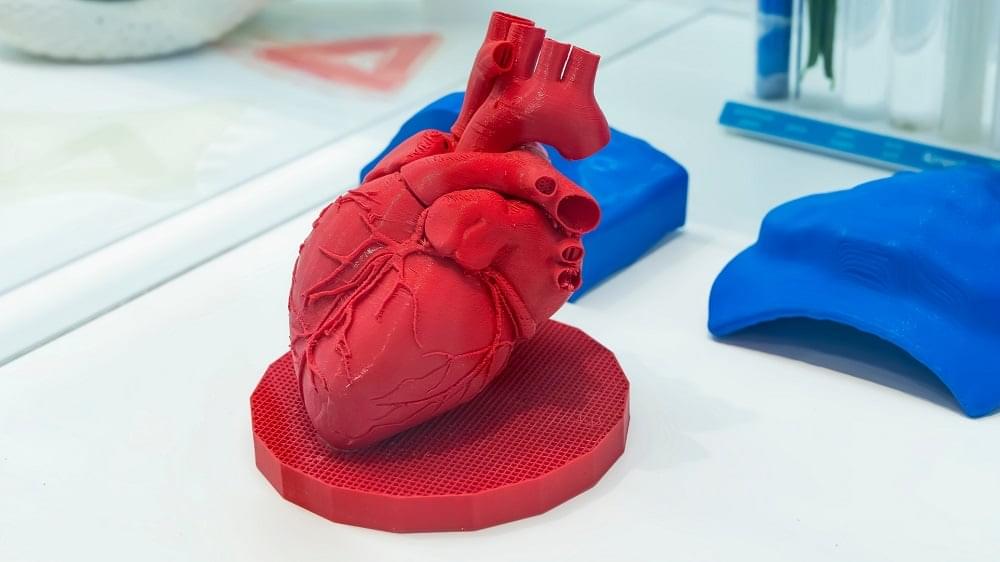
German scientists have created lab-grown “patches” of heart muscle tissue derived from pluripotent stem cells. Following a success with rhesus monkeys, they have obtained approval for a human trial [1].
Wear and tear
As one of the most hard-working tissues in the body, the heart muscle is subject to incessant wear and tear due to aging and various health conditions. Unsurprisingly, heart failure is one of the most common age-related causes of death.
Cryonic freezing offers a pathway to reap future medical technologies today by preserving someone for future restoration, but what would the impact of this technology be on civilization?
Get a free month of Curiosity Stream: https://curiositystream.com/isaacarthur.
Join this channel to get access to perks:
/ @isaacarthursfia.
Visit our Website: http://www.isaacarthur.net.
Join Nebula: https://go.nebula.tv/isaacarthur.
Support us on Patreon: / isaacarthur.
Support us on Subscribestar: https://www.subscribestar.com/isaac-a… Group: / 1,583,992,725,237,264 Reddit:
/ isaacarthur Twitter:
/ isaac_a_arthur on Twitter and RT our future content. SFIA Discord Server:
/ discord Credits: Cryonics: Frozen Civilizations Science & Futurism with Isaac Arthur Episode 273; January 14, 2021 Written, Produced & Narrated by Isaac Arthur Editors: Jason Burbank Jerry Guern Keith Blockus Cover Art: Jakub Grygier https://www.artstation.com/jakub_grygier Graphics: Jeremy Jozwik https://www.artstation.com/zeuxis_of_… Music: Miguel Johnson https://migueljohnson.bandcamp.com.
Facebook Group: / 1583992725237264
Reddit: / isaacarthur.
Twitter: / isaac_a_arthur on Twitter and RT our future content.
SFIA Discord Server: / discord.
Credits:
Cryonics: Frozen Civilizations.
Science & Futurism with Isaac Arthur.
Episode 273; January 14, 2021
Written, Produced & Narrated by Isaac Arthur.
Editors:
Jason Burbank.
Jerry Guern.
Keith Blockus.
Cover Art:
Jakub Grygier https://www.artstation.com/jakub_grygier.

Summry: New research reveals that dopamine plays a crucial role in teaching young male mice to fight, with the chemical’s influence diminishing as they gain experience. In novice fighters, boosting dopamine increased aggression, while blocking it stopped them from fighting.
However, experienced fighters showed no changes in behavior regardless of dopamine manipulation, highlighting the role of experience in shaping aggression. The study identifies the lateral septum as a key brain region for “aggression learning” in males, but no similar effect was observed in females.
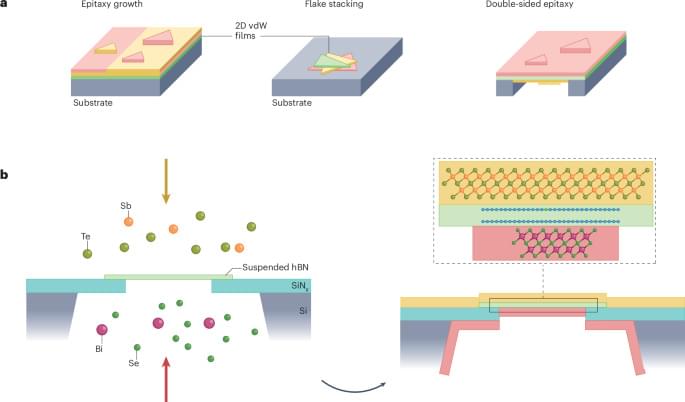
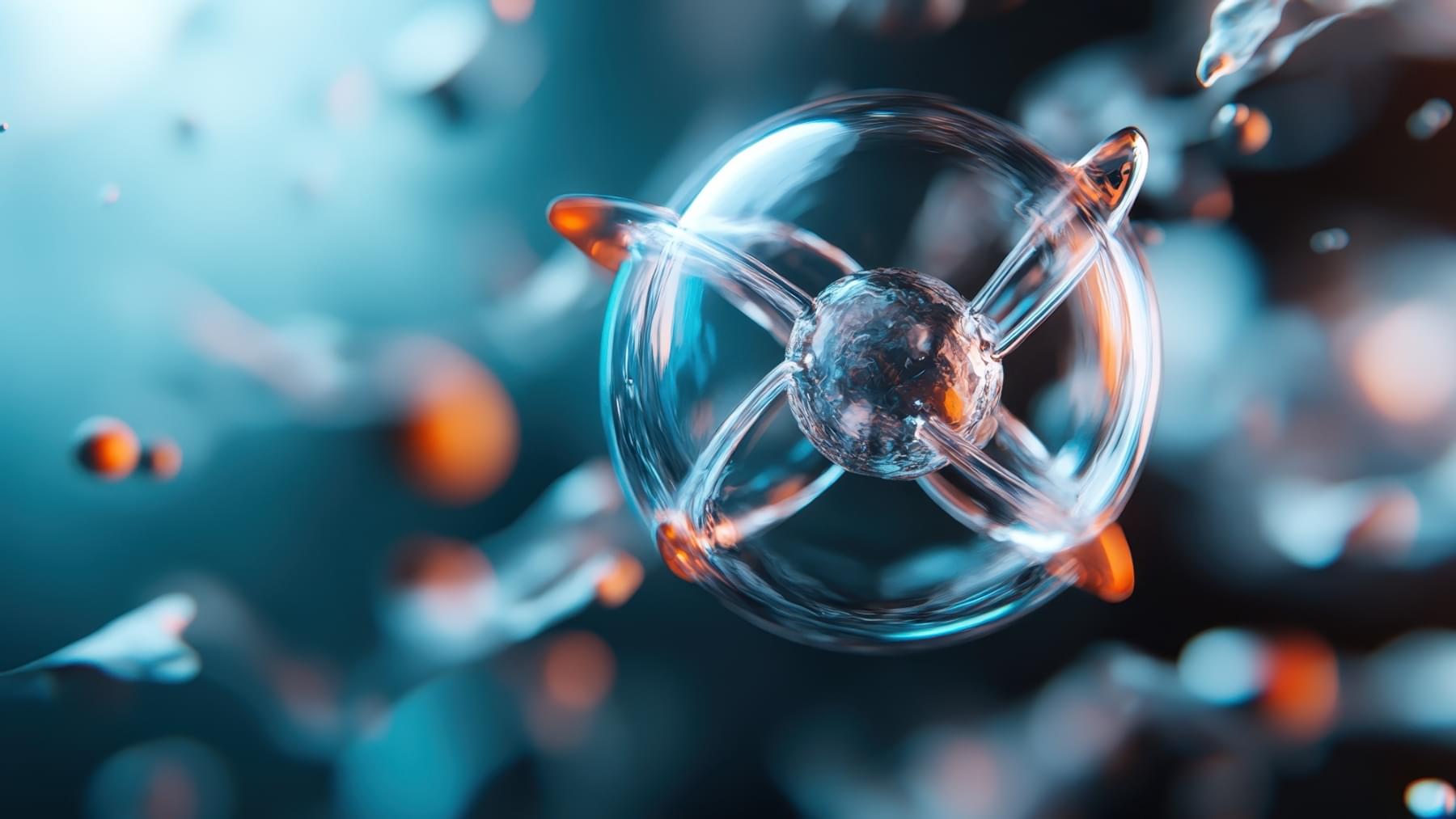
For the first time ever, scientists have managed to snap a picture of an electron’s shape while it moves through a solid. While it doesn’t sound remotely impressive for the average Joe, this discovery gives us a whole new way to look at electrons.
This photographic achievement could lead to big changes in things like quantum computers, futuristic electronics, and maybe even gadgets we haven’t imagined yet. The research was led by physicist Riccardo Comin, a professor at MIT, along with a team of collaborators from various institutions.
“We’ve essentially created a blueprint for uncovering completely new insights that were out of reach before,” explains Comin. His colleague and co-author, Mingu Kang, carried out much of the work at MIT before continuing his research at Cornell University.
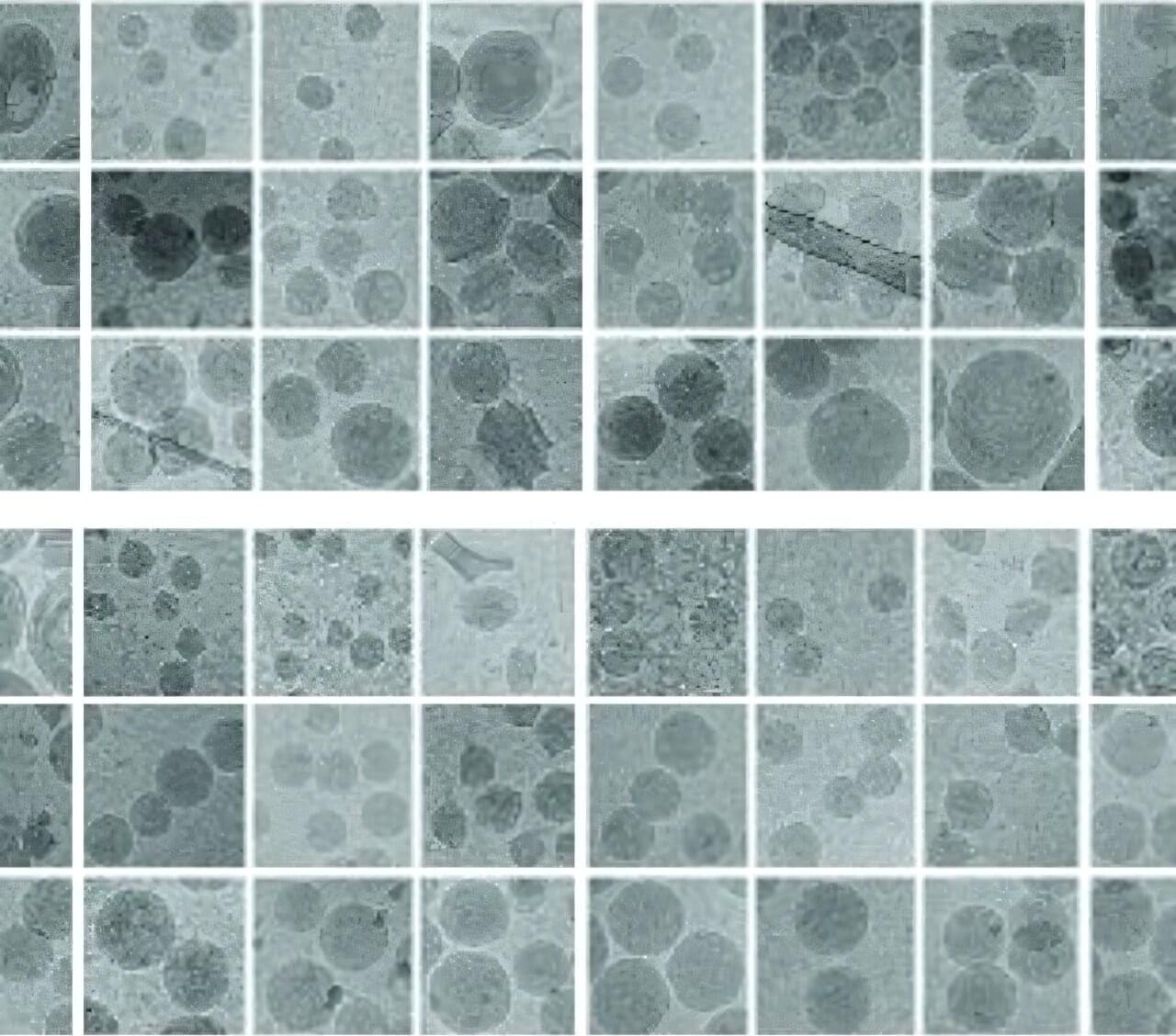
A large research team led by nanotechnologist Roy van der Meel rebuilt the body’s own proteins and fats into nano-delivery vans that get genetic medicines to exactly the right place in the body. In a joint effort with researchers from Radboudumc, they worked for five years on this nanotransport system, the results of which were published in Nature Nanotechnology.
With his rugged beard and signature lumberjack shirt, nanotechnologist Roy van der Meel seems to have walked straight out of a Canadian forest hut instead of a high-tech lab. In Canada, Van der Meel did indeed work as a postdoc for Professor Pieter Cullis, founder of the nanotechnology used for messenger RNA vaccines. Five years ago, he exchanged Vancouver for a spot in Eindhoven. Professor Willem Mulder brought Van der Meel to TU/e because of his RNA nanotechnology expertise.
Diseases that are currently difficult to cure, such as certain cancers and autoimmune diseases, can benefit from genetic drugs based on RNA. But then we must be able to get those medicines to the right place and that turns out to be a huge task.

Recent research demonstrates that brain organoids can indeed “learn” and perform tasks, thanks to AI-driven training techniques inspired by neuroscience and machine learning. AI technologies are essential here, as they decode complex neural data from the organoids, allowing scientists to observe how they adjust their cellular networks in response to stimuli. These AI algorithms also control the feedback signals, creating a biofeedback loop that allows the organoids to adapt and even demonstrate short-term memory (Bai et al. 2024).
One technique central to AI-integrated organoid computing is reservoir computing, a model traditionally used in silicon-based computing. In an open-loop setup, AI algorithms interact with organoids as they serve as the “reservoir,” for processing input signals and dynamically adjusting their responses. By interpreting these responses, researchers can classify, predict, and understand how organoids adapt to specific inputs, suggesting the potential for simple computational processing within a biological substrate (Kagan et al. 2023; Aaser et al. n.d.).